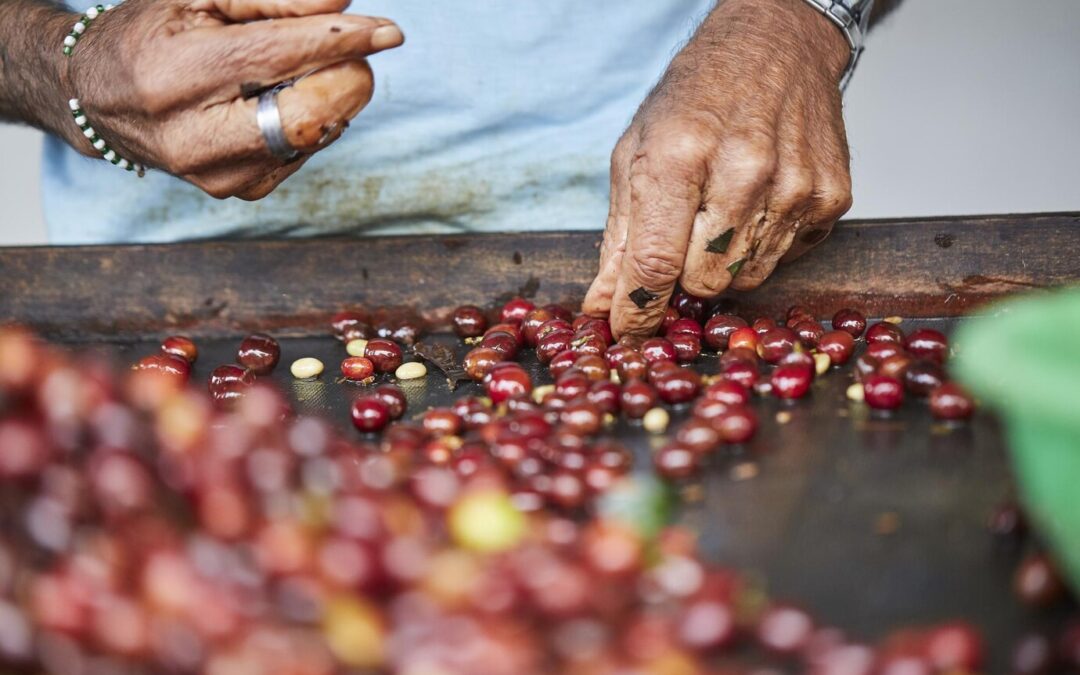Arabica coffee, considered to be one of the best coffees in the world, is grown in many tropical countries, including Cameroon. But to obtain coffee beans of exceptional quality, it is essential to master the cultivation and production techniques specific to Cameroon. In this article, we’ll reveal the secrets of growing Arabica coffee in Cameroon and obtaining exceptional harvests.
Choosing the land
The first secret to growing Arabica coffee in Cameroon is choosing the right land. Arabica coffee needs a cool, humid climate, with temperatures between 15 and 25°C. It is also important to select land at a good altitude, between 1,000 and 2,000 metres, to obtain optimum quality.
Preparing the soil
Before planting the coffee trees, it is essential to prepare the soil. Arabica coffee requires nutrient-rich soil with a pH of between 5.5 and 6.5. It is therefore important to fertilise the soil with organic or chemical fertilisers. It is also advisable to plough the soil to remove weeds and debris.
Planting coffee trees
Planting coffee trees is a crucial stage in obtaining exceptional harvests. Coffee plants should be planted 2 to 3 metres apart to allow good air circulation and optimum light reception. It is important to plant coffee trees in well-drained, nutrient-rich soil.
Coffee tree maintenance
Maintaining coffee plants is essential for obtaining exceptional harvests. It is important to provide the coffee plants with an adequate amount of water, depending on the season and climate. It is also advisable to fertilise coffee plants regularly, to provide them with the nutrients they need to grow.
Pests and diseases
Pests and diseases are common problems in Arabica coffee growing in Cameroon. The main coffee pests are weevils, mites and ants. The most common diseases are rust and fruit rot. It is important to monitor coffee trees regularly for the first signs of pests or diseases, and to take appropriate measures to control them.
Harvest
Harvesting is the final stage in growing Arabica coffee in Cameroon. The coffee beans are harvested when the fruit is ripe and has reached its characteristic colour. It is important to harvest the coffee beans when they are ripe, to obtain optimum quality.
Processing the beans
After harvesting, it is important to process the coffee beans to remove the pulp and skin. Processing the beans is a crucial stage in achieving exceptional quality. We recommend using traditional processing methods, such as fermentation and sun drying, to preserve the aromas and flavours of the coffee.
Conclusion
Growing Arabica coffee in Cameroon is a complex process that requires great care and attention. By following these steps and mastering the cultivation and production techniques specific to Cameroon, you can obtain exceptional harvests and coffee beans of outstanding quality. Agreca-Coopca, your partner for sustainable cash crop farming, offers you advice and training to improve your Arabica coffee growing practices and obtain exceptional harvests.

